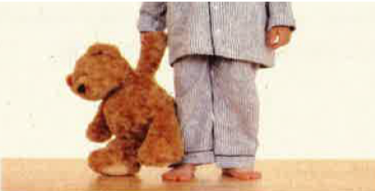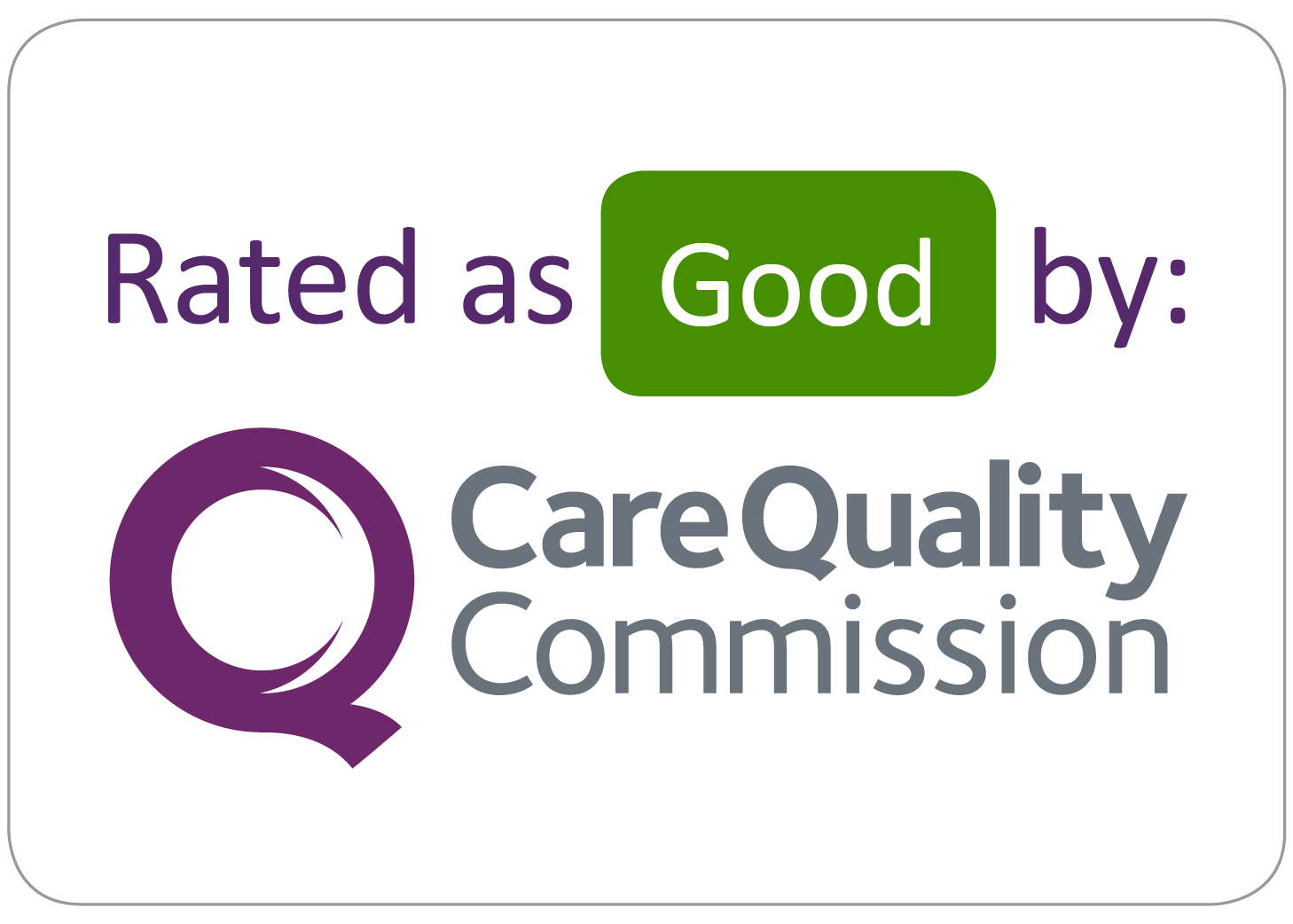Nocturnal Enuresis (Night-time Bed Wetting)

It is not uncommon for some children to continue wetting at night beyond 6/7 years of age and most of these children will still get dry on their own without any specific treatment.
Wetting at night may be worsened if your child is unwell, is tired, has an emotional upset or is constipated. If your child has difficultly with bowel motions or urinary tract infections and you have not already done so, see your GP for management/treatment.

Try to be calm about your child’s bed wetting, minimise disruption, emotional upset, feelings of embarrassment or shame your child may have. If you are calm and matter of fact about bed wetting your child will be too. Reassure your child that they are not the only one to wet the bed and it is sometimes an unfortunate happening of childhood.
Make sure your child:
- has a good bedtime routine and is getting enough sleep
- is drinking enough fluid during daytime
- empties their bladder before going to sleep, when they wake in the morning or if they wake during the night. (Rewards/reward charts may help motivate them to do this)
- has easy access to go to the toilet at night, such as leaving on a light in the bathroom or sleeping on the bottom bunk may help
- is praised for anything positive they do
Get your child involved in the consequences of their bed wetting – such as stripping or even making the bed and putting wet clothing and bedding in the laundry and having a wash in the morning.
DO NOT reprimand or punish your child for wetting the bed
If you are seen in clinic depending on your child’s history you and your child will be offered advice on management. In most cases this involves just changing behaviours/routines and time – BE PATIENT. Some children will be offered an alarm or medication, not all children will need this.
Further advice for you and your child can also be obtained on the ERIC (Education and Resources for improving Childhood Continence) charity website. Eric.org.uk

















